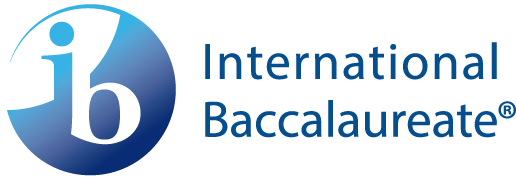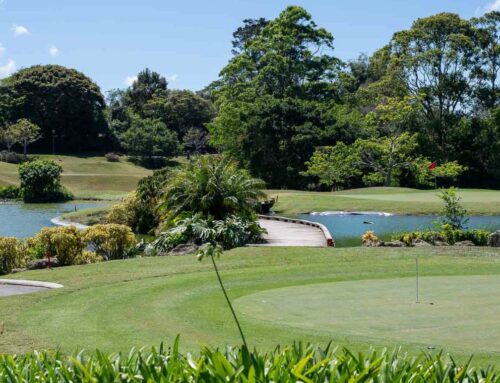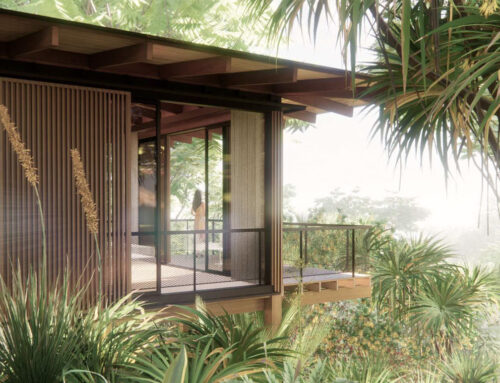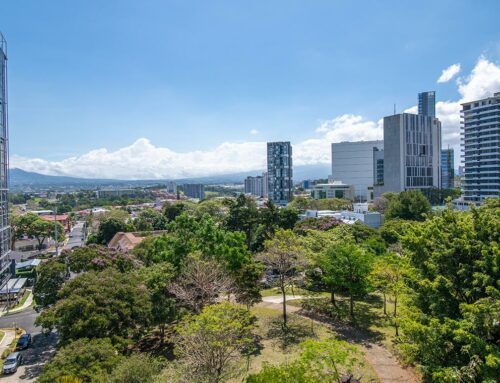Yes, the child of a foreigner can attend public school in Costa Rica. However, keep in mind there are both benefits and drawbacks to both the public and private school system in Costa Rica. As a real estate team in Costa Rica, the LX team often encounters queries from families moving to the country about the education system here. While public schooling is a universal right for Costa Rican residents, many international families, however, prefer to explore private education options for their children. Lets delve into the dynamics of public schools in Costa Rica to make an informed decision.
The Public Education System
Public schools in Costa Rica are funded by taxes paid by citizens and provide free education to all students who enroll, including international students. Education in Costa Rica is a highly valued part of its culture, with the country having a literacy rate of 97% and providing access to education for all citizens. Costa Rica’s education is free for all children from kindergarten to the end of high school, with students receiving free books and supplies. The Ministry of Public Education organizes and maintains the public educational system, while private institutions are governed by their own laws and regulations.
Public schools in Costa Rica offer a range of benefits, including a high-quality education overseen by the Ministry of Education, with curricula designed to meet varied needs and qualified teachers. Public schooling in Costa Rica is more affordable than private, with the average annual cost significantly lower, although some fees for activities or supplies may apply. These schools also provide a wealth of extracurricular programs to enhance student skills and preparation for further education, are widely accessible across the country, including in rural areas, and foster a strong sense of community among students and families.
However, there are several drawbacks to consider with public schooling in Costa Rica. The schools often have fewer resources and less technology compared to private institutions, potentially affecting the educational experience and instruction quality. High teacher turnover can introduce instability, with experienced educators leaving for better-paying opportunities, sometimes replaced by less experienced ones. Bureaucratic hurdles within the Ministry of Education may delay curriculum updates and the roll-out of new programs, coupled with the impact of budget cuts. Additionally, public schools tend to have larger class sizes, with an average of 40 students per class compared to 20 or fewer in private schools, which can significantly affect the amount of individual attention each student receives, potentially impacting the quality of education.
Costa Rica boasts a comprehensive public education system, covering pre-kindergarten to 11th grade. The REDCUDI initiative provides care for children aged 0 to 6, offering various modalities to suit diverse needs.
The MEP, or the Public Education Ministry, provides education from preschool, to then transition into elementary school from 1st to 6th grade, and finally high school from 7th to 11th grade. Legally, every child is entitled to enrollment in a public institution.
Why Choose Private Education?
Despite the accessibility of public schools, international residents often opt for private education because of several reasons.
- Private schools typically offer a more rigorous curriculum, including advanced courses in math, science, and foreign languages.
- Smaller class sizes in private schools facilitate personalized attention and foster interactive learning environments, contrasting with the larger class sizes in public schools.
- Private schools in Costa Rica tend to offer a broader range of extracurricular activities, from sports teams to music and arts programs, enriching students’ overall educational experience.
- Another significant advantage of private education is the emphasis on language and cultural diversity, catering to the expatriate community with inclusive curricula that accommodate students from various backgrounds.
Read more about private schools in Costa Rica.
For expatriate families, international schools emerge as a popular choice. These schools follow globally recognized curricula, ensuring that students maintain educational standards aligned with international benchmarks.
Furthermore, international schools provide a diverse and inclusive environment, allowing expat children to interact with peers from different nationalities, fostering a global perspective and enriching their learning journey.
In conclusion, while Costa Rica’s public education system guarantees access to schooling for all residents, there are many reasons why international families may want to look into private and international schools for their children’s education.



